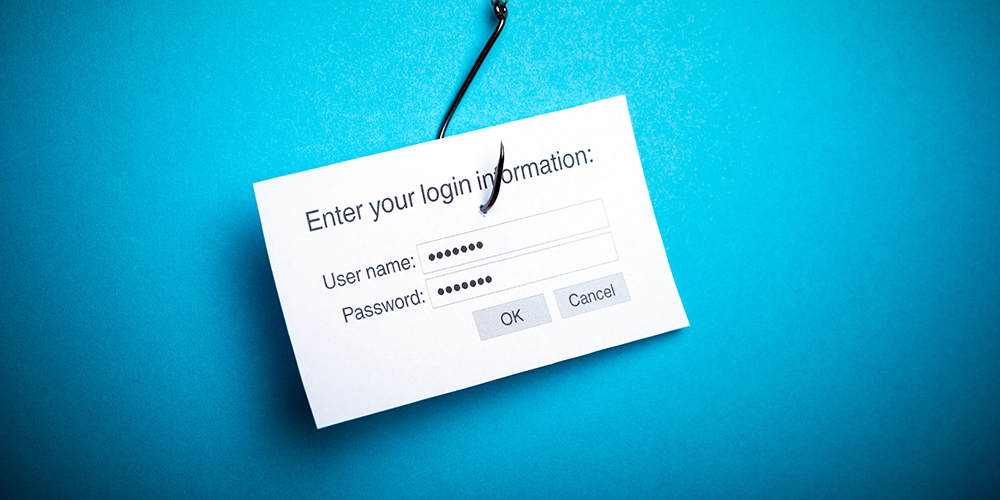
The Promises and Challenges of Generative Artificial Intelligence
Artificial Intelligence (AI) has been used in some form for several years. Typical applications of AI include advanced-analytics and machine learning algorithms used to perform numerical and optimization tasks like predictive modeling. Generative AI, in contrast, has matured quickly due to enormous financial investment.

Make Cloud Work for Your Business
Cloud computing, with its many “as a service” offerings, is an option for replacing outdated on-premise infrastructure with a flexible, pay-as-you-go, Internet-based form of computing. Read on to learn about saving costs and supporting business innovation with Cloud computing

Disaster-Proof Your Business with a Business Continuity/Disaster Recovery Plan
As recent events like severe storms demonstrate, disasters will occur. But they needn’t sideline your business. Read more to find out about developing a plan to mitigate the effects of disasters on your company’s data and network.

Business Benefits and Risks of Using Artificial Intelligence
Artificial Intelligence (AI) and its applications have the potential to radically improve business processes. Like all technologies, it comes with risks, too. Read on to learn more how small to medium-size businesses can leverage AI while mitigating the potential risks of this growing technology.

Using Workers and Technology to Fight Phishing Attacks
Now that Generative AI (e.g. ChatGPT) is here, phishing attacks may increase both in number and sophistication. How do businesses protect themselves? Awareness is a good first step, but gathering data using a security information and event management system (SIEM) is even better. Read on to learn how SIEM along with education and awareness training can reinforce your company’s efforts to prevent phishing attacks and resulting malware.

ChatGPT, Generative Artificial Intelligence and the Future
Any technology brings benefits as well as possible challenges, and Generative AI (e.g. ChatGPT) is no exception. ChatGPT is a type of artificial intelligence language model (“GPT” stands for generative pre-trained transformer) that carries potential for business uses. Whatever challenges this prevents in terms of cybersecurity will become apparent. No matter what the technology, safeguards will still revolve around people, processes and technology. Read on to learn more about ChatGPT, its potential uses, and the challenges it may bring.

Enhance Customer Experience with Communications and Collaboration
Like rock and roll, remote work is here to stay. Customers have numerous ways to reach your business, but not until the advent of communications and collaboration software have these methods been integrated. Read on to learn more about this way of connecting multiple touchpoints.

Protecting Your Data Using Cloud Backup
As shown by recent wild weather, one never knows when a natural disaster – or for that matter, a man-made one – might strike. How can you prepare your business to stay running and have access to data in case of such an event? Read on to learn more about using cloud backup to safeguard critical data.

Choosing Unified Communications for Your Business
What if, instead of being limited to an in-office phone system with its possibly rough connection and dropped calls, you could experience seamless communication via the cloud? This is possible with Voice Over Internet Protocol (VoIP, for short), an Internet-based unified communications solution. Read on to learn more about VoIP’s benefits and considerations, and about looking for a potential provider.

Keep From Getting Hooked by Phishing Attacks
Cyber attacks, including phishing attacks, seem to always be in the news these days. Ransomware, malware, data breaches, all are on the rise, with several high-profile attacks in recent years. Even more recently, the failure of the Silicon Valley Bank might promote spoofed bank websites and bank communications as attempts to gain access to company networks and personally identifiable information. Read on to learn more about the dangers of phishing attacks as well as how to recognize and prevent them.
